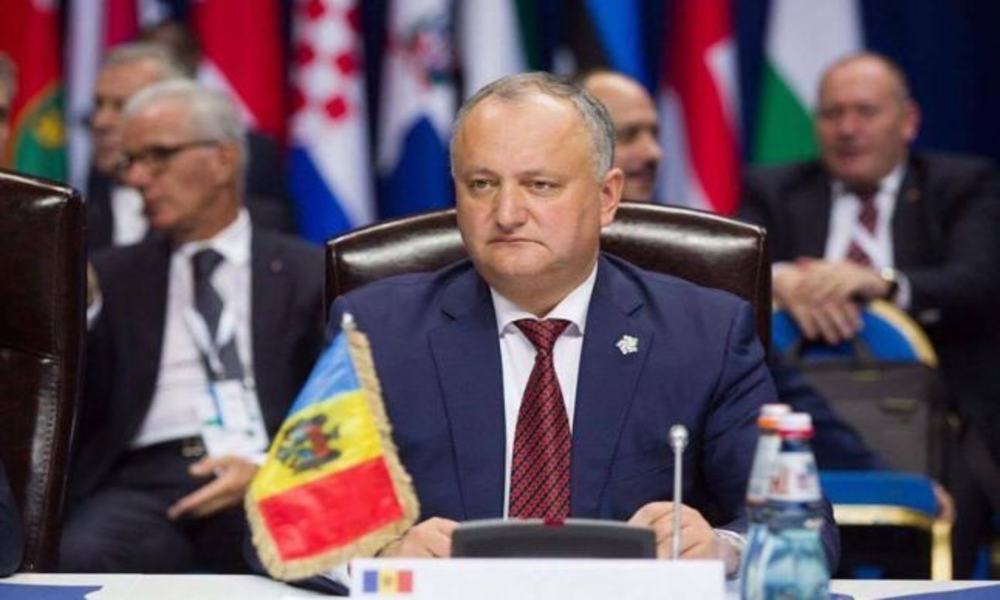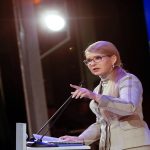ROMANIA MONITOR
Date: 24 February 2019
Plans of the Federalisation of Moldova
Representatives of the ACUM (Now) oppositional bloc stated that President Dodon presented a plan of the federalisation of Moldova during the conference on security which took place in Munich on February 16, 2019. The president himself announced that he presented the main objectives of the foreign policy of Moldova during the talks with partners in Munich. According to representatives of the opposition: Maia Sandu, Andrei Năstase and Igor Munteanu, the federalisation of Moldova would entail the empowerment of the regime in Transnistria and such a solution would not bring any profit for Chișinău. Representatives of the opposition also underlined that the federalisation of Moldova was a Russian plan which was not in compliance with the Constitution. Igor Munteanu stressed that in such a scenario, Moldova would become a weak country divided into cantons controlled by international powers according to similar rules as applied in Bosnia and Herzegovina. Another concern of the opposition connected with the process of the federalisation of Moldova regards the constitutional control over Transnistria exercised by central authorities.

The peace process between Moldova and Transnistria is one of the issues touched in the Moldovan political campaign. It may seem that Igor Dodon tries to return to solutions of the conflict between Moldova and Transnistria presented in the Kozak memorandum rejected by authorities in Chișinău in 2003, which aimed to federalise Moldova and to establish autonomous administrative units of Transnistria and Gagauzia granted the right of veto in the national lawmaking process. However, taking into consideration the weakening position of the Moldovan President and his political environment and the proposal of such a solution to the conflict with Transnistria, Dodon’s words in Munich may be treated as part of the political campaign. In case of the federalisation of Moldova, Transnistria, which has its autonomous connections with the Russian Federation, would become an independent political player which would pose a threat to the position of Igor Dodon, the leader among the pro-Russian electorate. The message of Igor Dodon made during the conference in Munich was targeted at western states which are against plans of the federalisation of Moldova exacted by Russia. Therefore, it seems that Dodon’s speech was supposed to be a warning for western countries which would authenticate his foreign policy in the eyes of Russian authorities. Probably, after the elections on February 24, 2019, the matter of peaceful solutions to the Transnistria issue would not be raised as frequently as it was in the political campaign as both for the opposition and for the President of Moldova the federalisation of the state as a way of solution to the conflict is not beneficial.
All texts published by the Warsaw Institute Foundation may be disseminated on the condition that their origin is credited. Images may not be used without permission.














